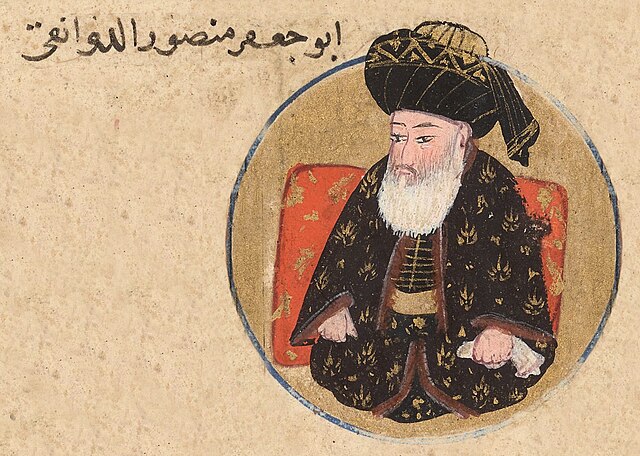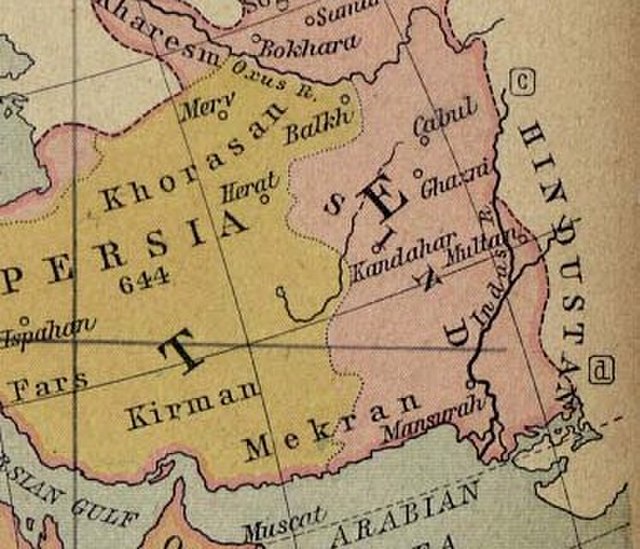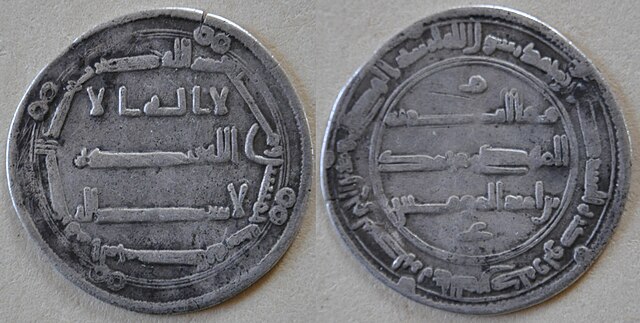The Bukhtīshūʿ were a family of either Persian or Syrian Eastern Christian physicians from the seventh, eighth, and ninth centuries, spanning six generations and 250 years. The Middle Persian-Syriac name which can be found as early as at the beginning of the 5th century refers to the eponymous ancestor of this "Syro-Persian Nestorian family". Some members of the family served as the personal physicians of Caliphs. Jurjis son of Bukht-Yishu was awarded 10,000 dinars by al-Mansur after attending to his malady in 765AD. It is even said that one of the members of this family was received as physician to Ali ibn Husayn Zayn al-Abidin, the Shia Imam, during his illness in the events of Karbala.
Ibn Bakhtishu's Manafi' al-Hayawan (منافع الحيوان ), dated 12th century. Captions appear in Persian language.
Abū Jaʿfar ʿAbd Allāh ibn Muḥammad al-Manṣūr usually known simply as by his laqab al-Manṣūr (المنصور) was the second Abbasid caliph, reigning from 136 AH to 158 AH succeeding his brother al-Saffah. He is known for founding the 'Round City' of Madinat al-Salam, which was to become the core of imperial Baghdad.
Abbāsid Caliph al-Manṣūr from the genealogy (silsilanāma), "Cream of Histories" (Zübdet-üt Tevarih, 1598)
Gold dinar of al-Mansur
Khorasan and other territories during the Caliphate in 750.
Abbasid Silver Dirham of Caliph al-Mansur 754–775





